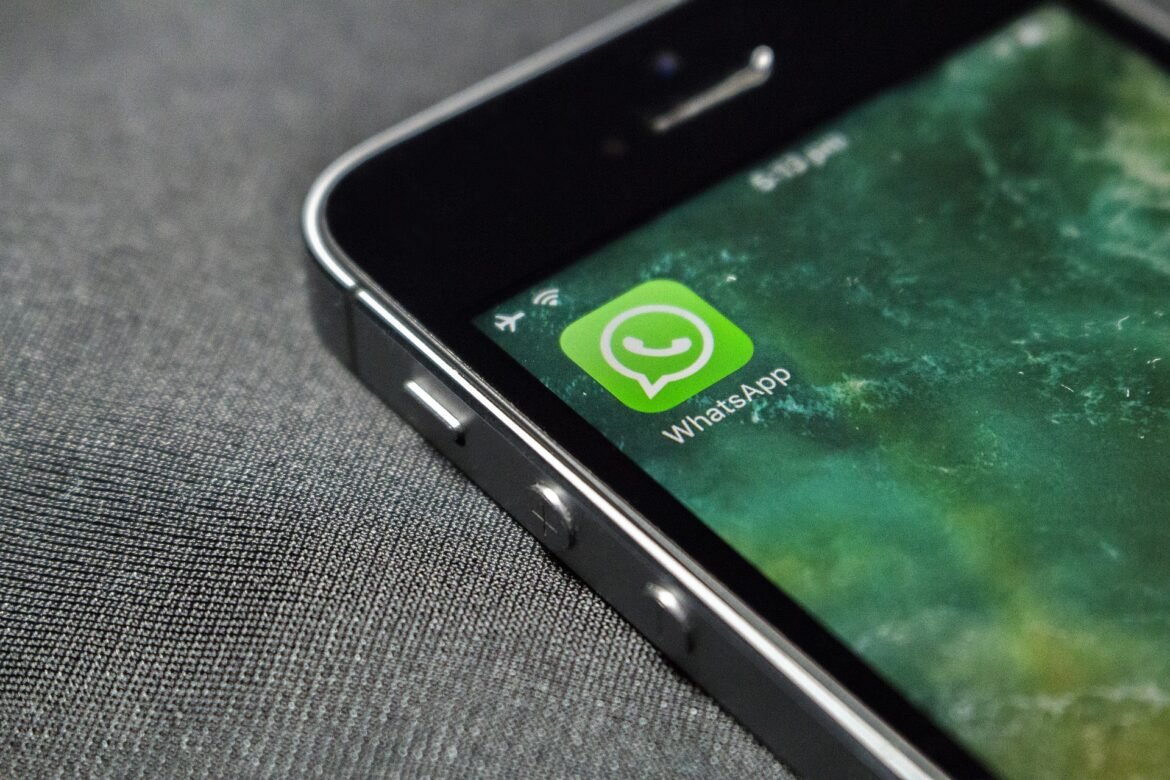In a surprising announcement that has sent shockwaves through the world of instant messaging, WhatsApp has confirmed that it will no longer be a free service as of July 2024. This decision has sparked widespread debate and concern among its billions of users, many of whom have come to rely on WhatsApp for its free and easy-to-use messaging services.
Why WhatsApp is Going Paid
WhatsApp has cited a number of reasons for its decision to charge for its services. First and foremost, the company is facing increasing costs associated with the development and maintenance of its platform. As WhatsApp has grown in popularity, so too have the demands on its infrastructure. The company needs to invest heavily in order to keep up with the growing demand for its services, and this investment requires revenue.
Secondly, WhatsApp is looking to generate new revenue streams in order to support its future growth and development. The company has a number of ambitious plans for the future, including expanding its reach into new markets and developing new features. These plans will require significant investment, and WhatsApp needs to find new ways to generate revenue in order to support them.
How WhatsApp Will Charge Users
WhatsApp has not yet announced how it will charge users for its services. However, the company has said that it will offer a variety of pricing options to give users flexibility and choice. It is likely that WhatsApp will offer a subscription-based model, with users paying a monthly or annual fee to access the app’s services. The company may also offer tiered pricing, with different plans offering different levels of features and functionality.
The Impact on Users
The decision to charge for WhatsApp will have a significant impact on its users. For many users, WhatsApp has become an essential part of their daily lives. They use it to communicate with friends and family, share photos and videos, and access news and information. The prospect of having to pay for a service that they have always used for free is likely to be met with resistance from many users.
Alternatives to WhatsApp
Users who are not happy with the new pricing model for WhatsApp will have a number of alternatives to choose from. There are a number of other popular instant messaging apps available, including Facebook Messenger, Telegram, and Signal. These apps offer similar features to WhatsApp and many of them are free to use.
The Future of WhatsApp
Only time will tell how the move to a paid service will affect WhatsApp’s popularity. The company is confident that it can retain its users and attract new ones with its new pricing model. However, there is a risk that some users will switch to other apps, which could hurt WhatsApp’s growth prospects.
Conclusion
The decision by WhatsApp to charge for its services is a significant one that will have a major impact on its users. It remains to be seen whether the company can successfully transition to a paid model without losing too many users. However, the company seems confident in its ability to succeed, and it will be interesting to see how the market responds to this new development.

